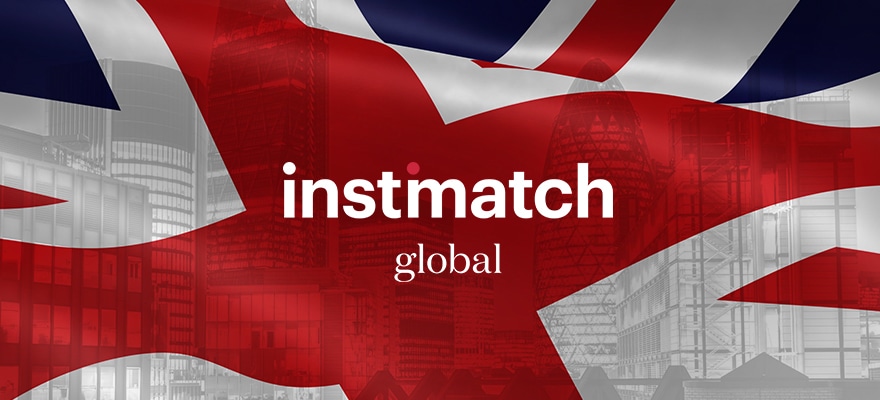Instimatch Global, a , has been rapidly expanding its operations. The firm was established only two years ago and already has offices in Switzerland and Germany and very recently, opened its doors in Amsterdam.
The unsecured money markets industry is one of the least digitized parts of the financial markets. This is despite a more than 100 billion euro turnover per day in Europe alone. According to Instimatch Global, the market is still heavily reliant on voice brokerage and bilateral relationships, which means traders don’t have larger access to liquidity across the market.
Instimatch has a number of ideas on how it plans to overcome these obstacles, so Finance Magnates sat down with CEO, Daniel Sandmeier, a former Credit Suisse executive and Michael Schmidt, the Executive Chairman, co-founder of fixed income fintech firm, Algomi.
Can you tell me a bit more about what you do at Instimatch Global? What’s the firm’s main focus?
Daniel – The company was started roughly two years ago by a former broker and two former traders – both with a background in short-term interest rate, government bonds, and fixed income.

What we’re really building right now is a network of institutional treasures across sectors and geographies. As you have seen, we’ve opened in Amsterdam, and have a growing presence across continental Europe, particularly Switzerland and Germany. We’re about to take the next steps into the UK which is one of the reasons we’re also here starting to create awareness around our offering.
So really what we’re building is an unsecured money market trading platform for institutional treasurers. I think, the beauty of it really, is that the unsecured money market is one of the least digitized parts of the financial markets, whilst still being a very important piece of the infrastructure. It provides liquidity to where it is most needed.
Currently, the market is still heavily reliant on voice brokerage and bilateral trading relationships. Revealingly, almost half of all money market transactions are typically transacted within a single country. They don’t go cross-border, and roughly a third of all transactions are still being either arranged by a voice broker or by bilateral connections.
Today, if you reach out to a handful of brokers, you’re only exposed to a smaller number of potential counterparties whereas our mission is clearly to grow our network into the hundreds of counterparties, which will open up a larger number of trading opportunities. The power of a digital network then deepens liquidity, increases the likelihood of execution, diversifies counterparty risk and reduces spreads. But market data is also an important by-product of such a network and makes it easier to determine market rates for lending and borrowing in different currencies.
You recently opened an office in Amsterdam, when do you expect to start your operations in the UK?

Do you think blockchain could be used to improve the way the money markets work?
Michael: Yes, we think it could, and we are exploring this area.
Can you tell me about your executive team? Are you planning on adding any more additions to your team soon?
Daniel: Instimatch was started by three people. They managed to get the first trades done and get the first 20 plus clients on board. Since then, we’ve added several people including Michael, myself and on the board, as a sales representative in Holland. It’s all part of the growth plan.
We recently secured fresh funding and really are on a growth path right now, expanding a cross-border trading network in Europe. Therefore you’ll see us hire a number of salespeople for the UK and the rest of Europe in the coming weeks and months.





Be First to Comment